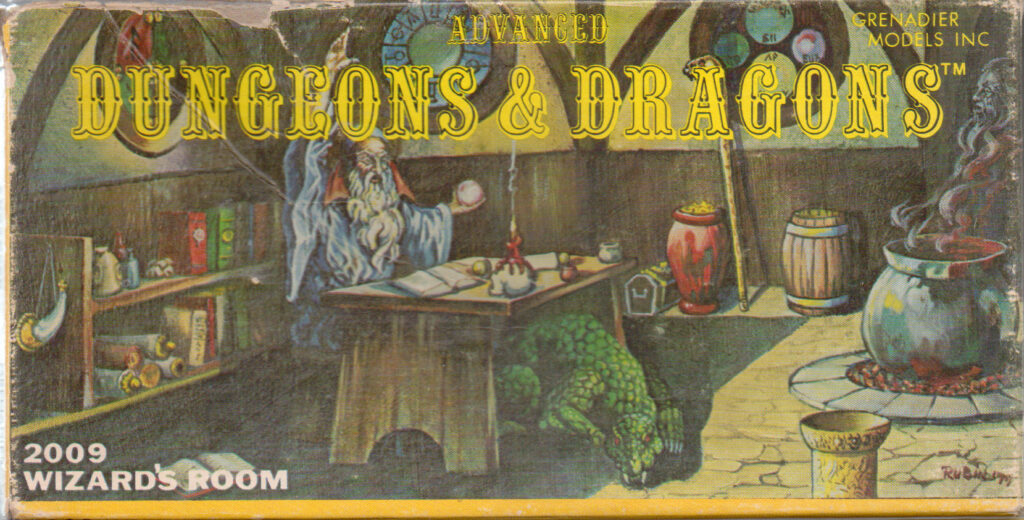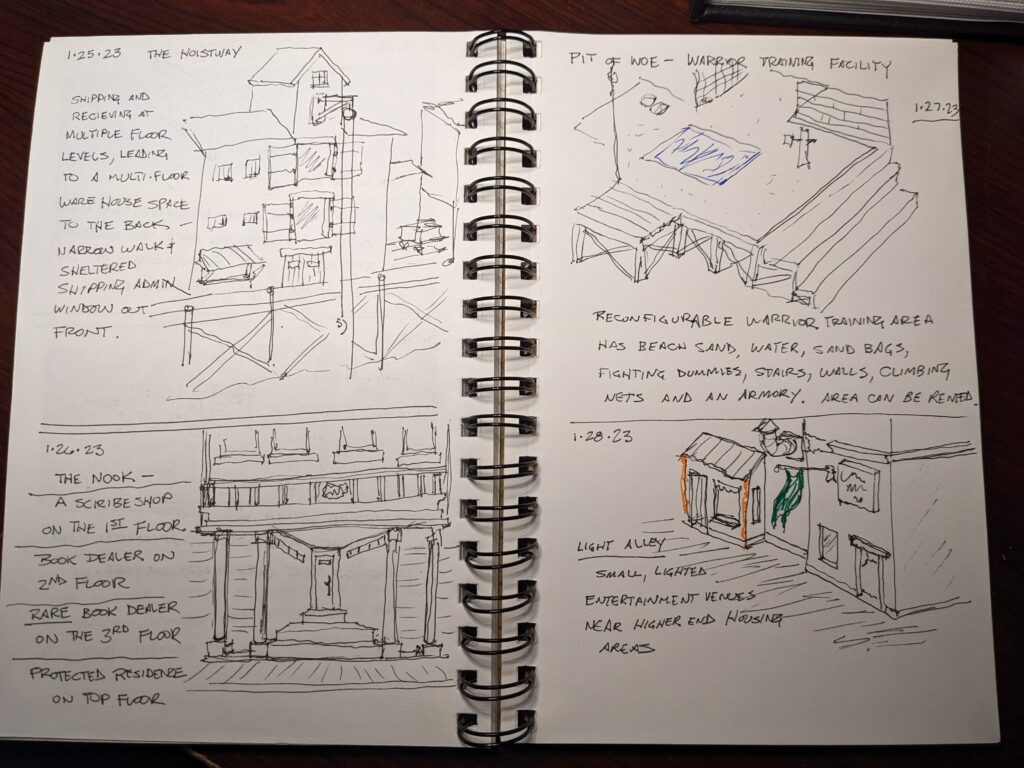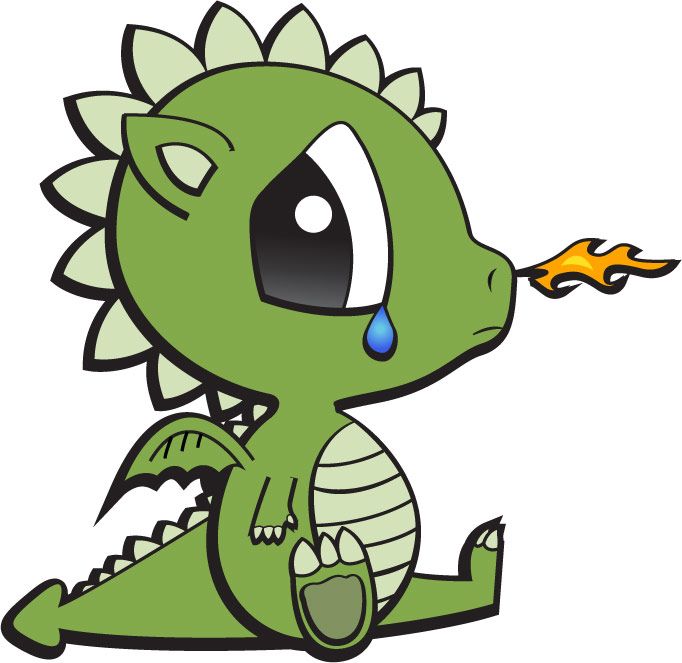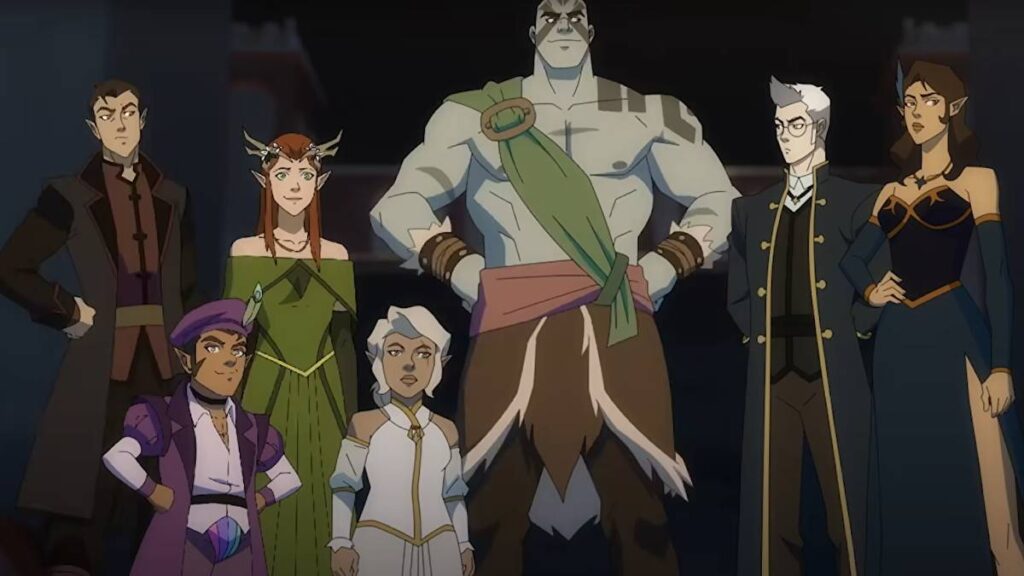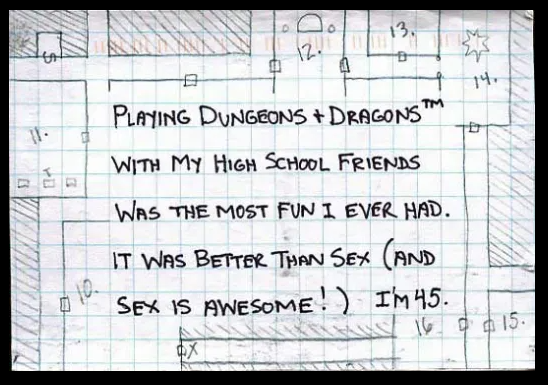“You can be a bad guy without being a Bad Guy” – Zangief.
Explore the complexities and challenges of embodying morally ambiguous personas in role-playing games. Learn strategies to develop nuanced and compelling antihero characters, delve into the psychology behind their motivations, and navigate the delicate balance between immersion and maintaining a healthy gaming environment.
I had a little bit of anxiety heading into this panel. It was one that could have gone very wrong. I was asked/volunteered to be the moderator for this one. I started off with a bunch of notes and lots to say – but shifted to make sure I had a series of questions for the panelists to really dig into. I did lead into things by stating in my introduction that I had deep feelings about this topic that lead all the way back to the 1982 movie starring Tom Hanks as Robbie, the troubled college student in “Mazes and Monsters” (and I still think it’s unforgivable).
Here are the questions I came up with:
What are some techniques you have for creating the safe gaming environment you want?
Once you have the group / environment you want, do you set limits on what your characters can and can’t do? Follow up – how are we defining ‘bad guy’?
What are some strategies or approaches you can take as a player to be the anti-hero / bad guy without wrecking the game for everyone else?
As a game master, what tactics can you use to create compelling drama without letting the game play get out of hand?
What are your favorite aspects of playing out the ‘bad guy’ ~ and how do you do that while keeping in mind all those questions we just covered?
What are some strategies for taking steps back or making a move to help somebody in your group who is struggling?
I also wanted to include my notes here – before I was in charge of the discussion, here’s what I wanted to keep in mind:
One of the most enjoyable aspects of role-playing is exactly that – it’s a role. It’s not really YOU, right?
Creating a character that wants something is a part of this. Motivation, desires, needs… how do those make this character act? Is it the choice you’d make in the real world? Maybe not.
Give your characters secrets. What would they do to protect those secrets? Is honor vs. embarrassment a driving factor for your street samurai?
Consequences are NOT your consequences, but just because it’s not the real world doesn’t mean they don’t exist or won’t effect you.
Don’t become “that guy” or “that girl”. Yes, your character might be a bit homicidal. Deciding you’re in a bad mood so you’re going to kill all the other player characters is a group stopper. Don’t wreck it for everyone else. OR consider making your ‘bad guy’ character have a specific arc. Talk it out with the game master. A spectacular, massive, explody death is really memorable for the other characters and can push a story along. Yes, you need to make a new character, but that can be OK too.
Reasonable example: I played an anti-paladin. He was a cold hearted killer and had 0 remorse about it at all. He was being guided by a deeply evil wizard… who lied about being a ‘good guy’. We had to team up with 2 ‘good guy’ characters and a true neutral wizard to save the world (balance and all that). The group had a little bit of infighting based on goals, but it made for great tension and a spectacularly messy death for my character in the end.
Unreasonable example: I ran a big one shot session for a friend’s birthday. Co-DM with my friend John. Ten players – two teams of 5, each trying to claim the birthday throne. It was designed to be a battle royale. What happened was one player picked out another and just hounded her. Singled her out and didn’t let her do anything else except constantly defend or deal with being taken out of the action with any of the others. I found out after the fact that made the attacked person cry and now she’s not interested in playing anymore. Don’t be that jerk.


